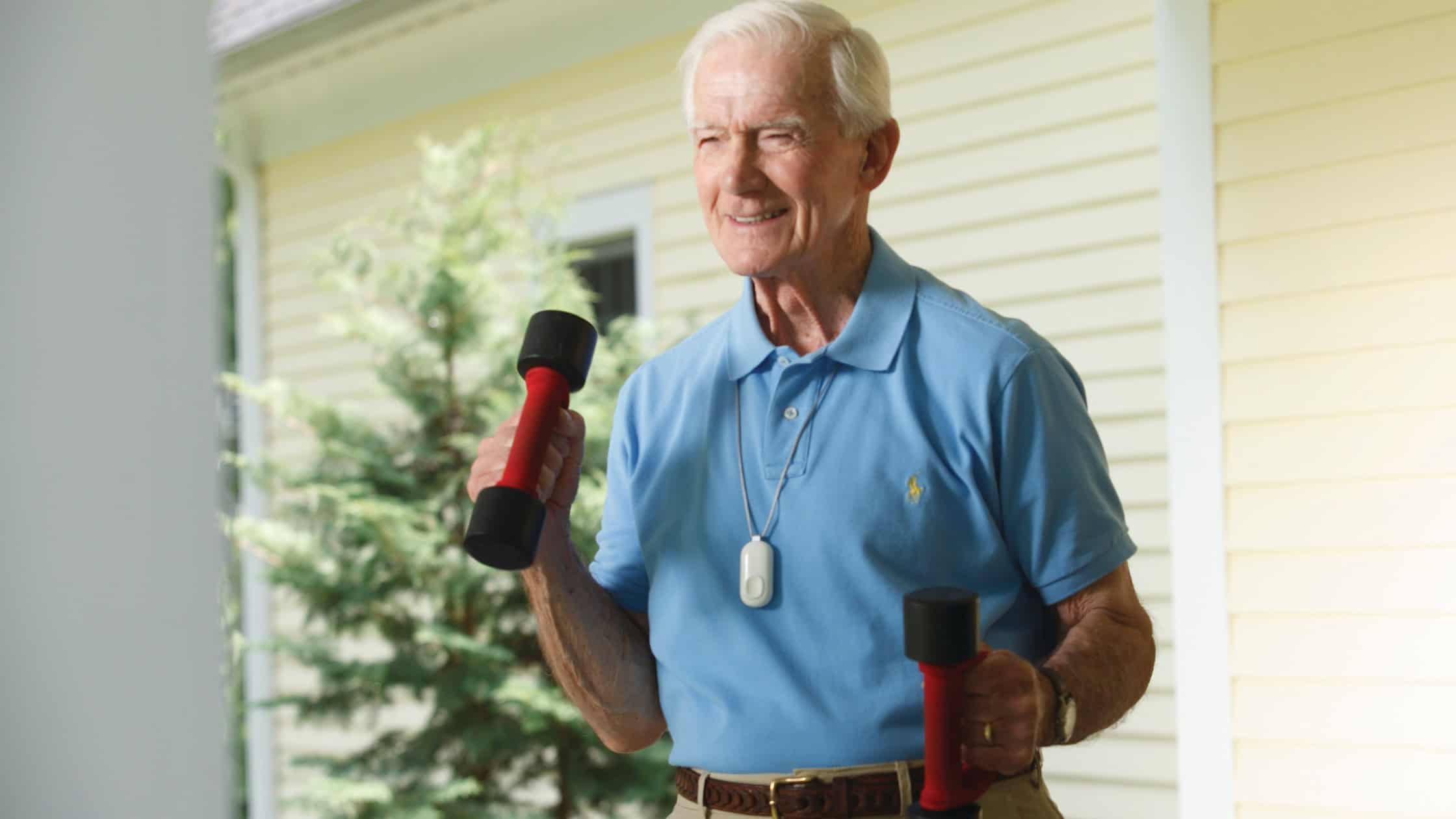“If exercise could be packaged in a pill, it would be the single most widely prescribed and beneficial medicine in the nation.” – Dr. Robert Butler, National Institute on Aging
Exercise Is a Prescription For Good Health
It’s never too late to start an exercise program in consultation with a healthcare provider. For fall prevention month this November, let’s focus on another amazing benefit of exercise – it also holds the key to avoiding falls. In fact, according to the Journal of the American Geriatrics Society, regular exercise can help prevent falls by up to 40%. So, there’s no better time to get moving!
First, let’s look at the statistics around falling – one in three adults over the age of 65 falls every year, and it’s the leading cause of injury hospitalization in Manitoba, accounting for $345 million in direct and indirect healthcare spending. A Government of Manitoba Report on falls also found that of those hospitalized, nearly 31 percent are later transferred to personal care homes.
The Fear Of Falling Can Make It More Likely That You Will Fall
The reality of those risks can create a palpable fear of falling that intensifies as we age, affecting up to 60 percent of older adults. And if you’ve experienced a fall or know someone who has, that fear may have already taken root. Real or perceived, the fear of falling often translates into a loss of confidence while doing everyday activities, especially anything physical. Consequently, older adults tend to cut back on physical activities. An online Psychology Today article reported that “As people do less, they become less able to engage in activities. They have difficulty moving around, and their gait and balance deteriorate. This puts them at an increased risk of falling, which unfortunately means the fear of falling actually becomes a self-fulfilling prophecy.”
How Do We Break The Cycle Of Increasing Risk?
The first step is having a conversation with your healthcare provider on how to safely begin an exercise program. And remember, you don’t need a gym to exercise! Simple balance exercises have proven very effective in fall prevention and can be done in the comfort of your own home. In fact, Tai Chi, a form of exercise done through gentle movements and stretching, is often cited as a great way to improve your balance. The City of Winnipeg offers a variety of exercise classes designed for older adults, including Tai Chi. Class dates/times, locations, and COVID-19 safety protocols can be found in the online edition of the 2021 Leisure Guide. If you live outside of Winnipeg, many rural senior resource programs also offer exercise classes. For more information, visit the Manitoba government’s senior resource page.
How Often Should You Exercise To Prevent Falls?
The Winnipeg Regional Health Authority’s Staying on Your Feet website reports that older adults should aim to exercise at least 2.5 hours a week, which breaks down to about 20-30 minutes a day. This could translate into a neighbourhood walk, time spent gardening, swimming, or even playing mini golf! For beginners, the site also recommends that you start slowly and gradually increase the amount of exercise you are doing. Other tips for beginners from the Staying on Your Feet site include using supports if you are starting a program at home (like resting your hands on a countertop or table) and listening to your body (if you feel increased pain or shortness of breath, stop what you are doing and consult your doctor). You might also want to keep a daily log of your exercises to track your progress!
Ultimately, not only does exercise improve your balance, strength, and endurance, which ultimately helps you prevent falls, but it also helps you feel mentally strong and promotes an overall sense of well-being. All of this can go a long way in building confidence as you go about your daily activities and decrease the fear of falling. Lifeline Canada has some excellent exercise tips for older adults and a comprehensive fall prevention guide as well, if you are looking for more resources. You may also want to consider wearing a personal help pendant for that added layer of protection and peace of mind.
Disclaimer
This article is meant to be informational in nature and should not replace the advice of a trained healthcare professional.
By: Krystal Stokes is the Communications Manager at Victoria Lifeline.

